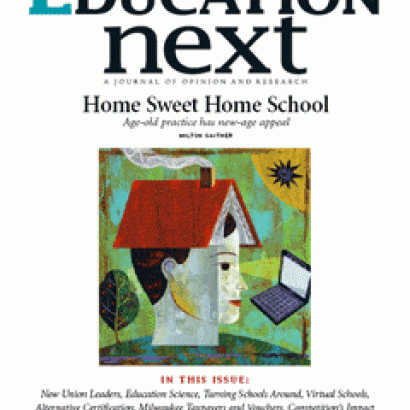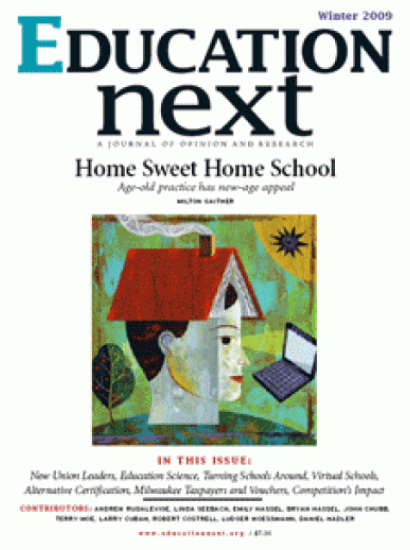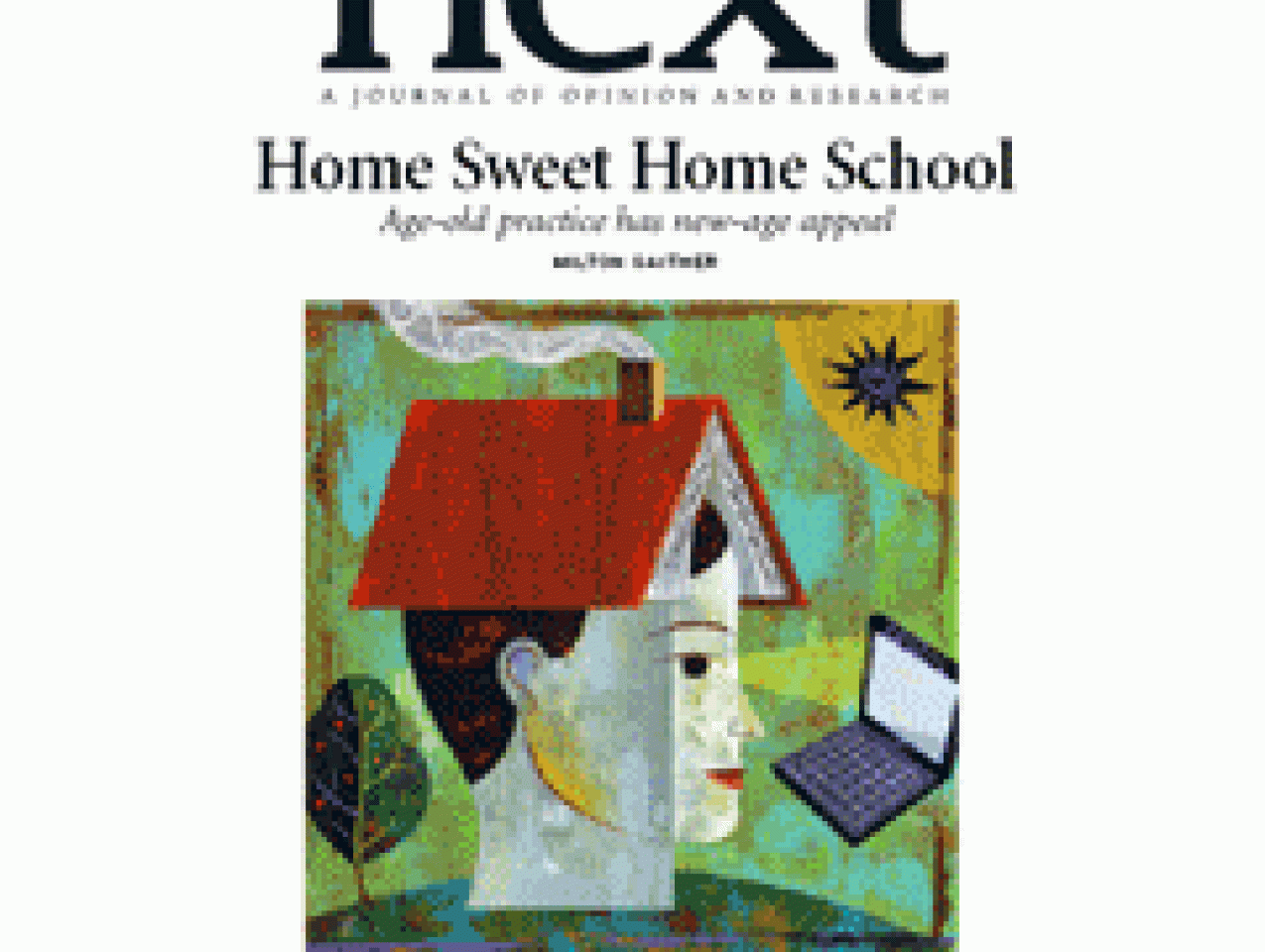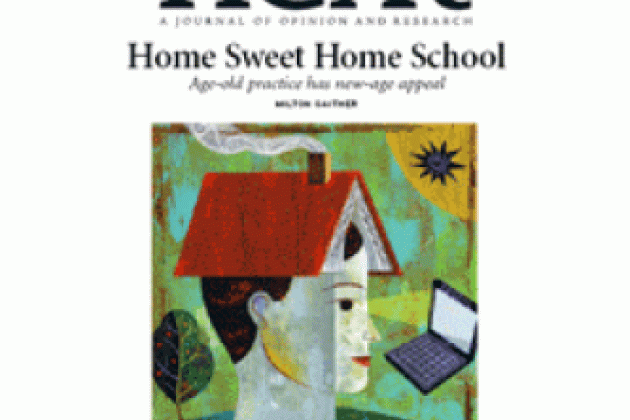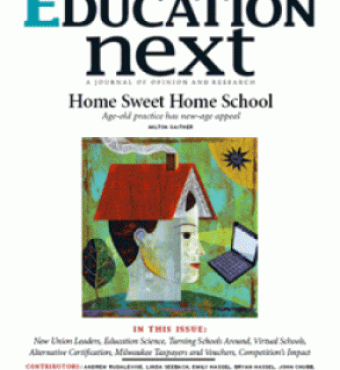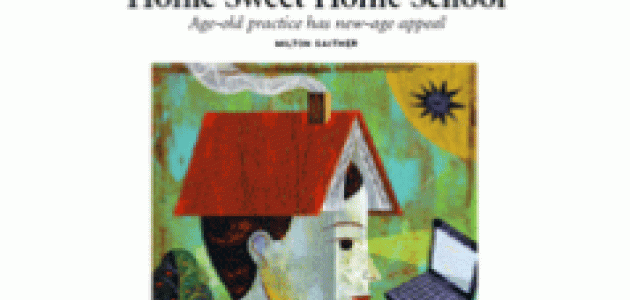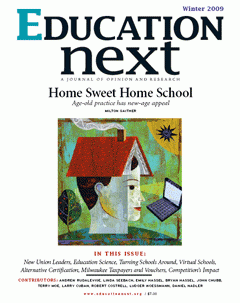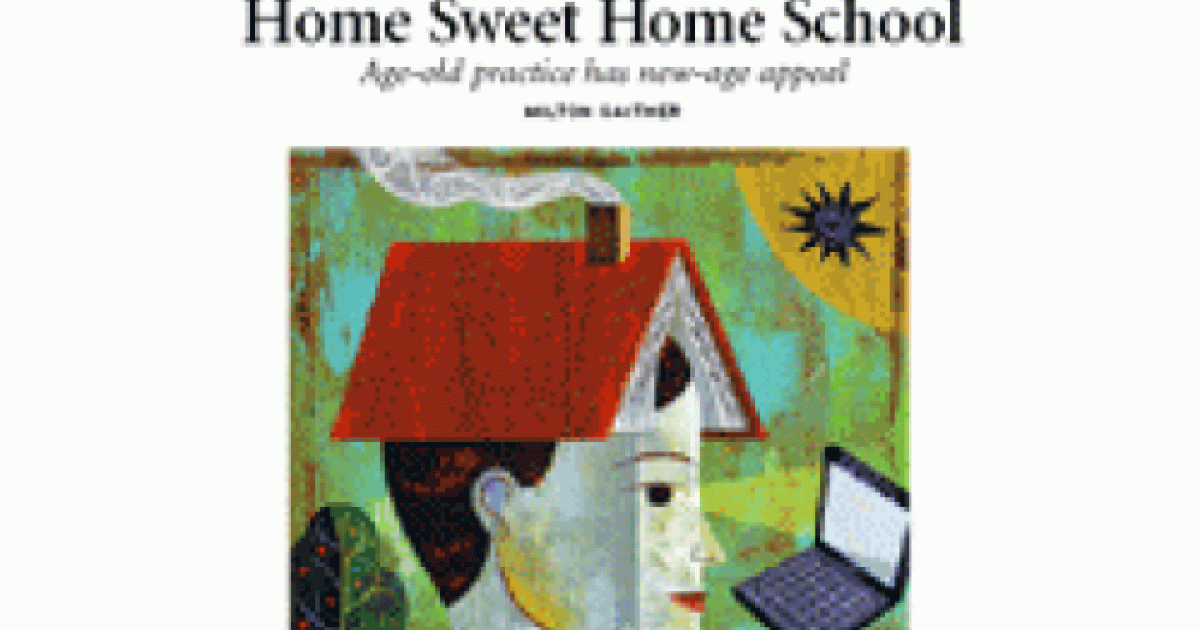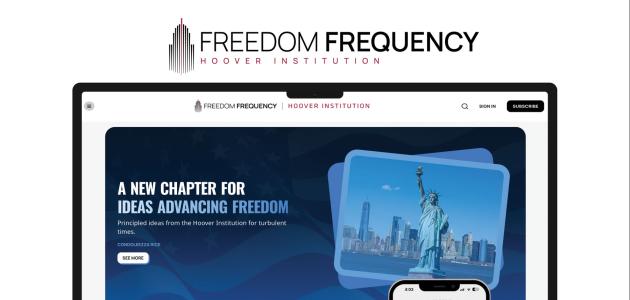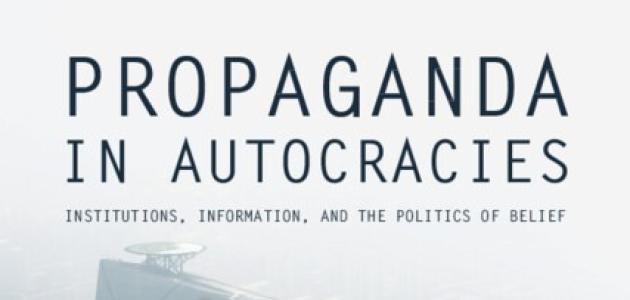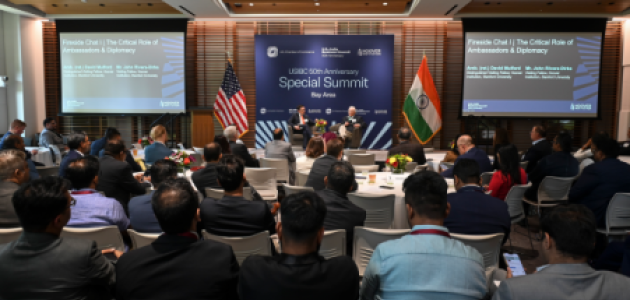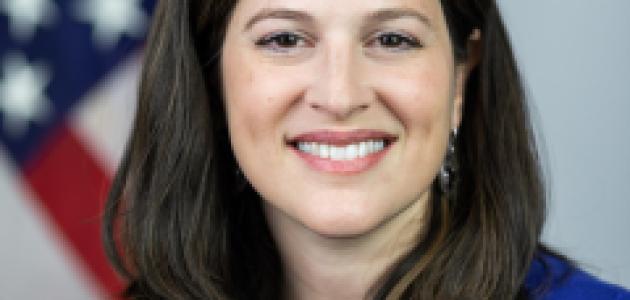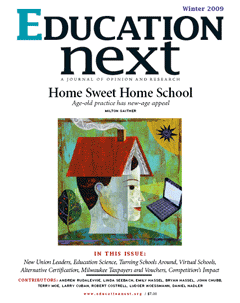
Contact: Michael J. Petrilli, Thomas B. Fordham Institute, (202) 223-5452
STANFORD -- The Internet is evening out the playing field for education commentators and analysts by making the traditional trappings of power and influence obsolete, writes Michael J. Petrilli of the Thomas B. Fordham Institute in his new analysis of education web logs (blogs) published in Education Next.
Currently, there are as many as 30,000 education blogs on the Internet. Some focus on policy, others on practice; many link and comment on daily newspaper articles and other blog posts and provide a forum for other users to do the same. The bloggers come from a variety of backgrounds and the influence of their blogs does not seem tied to any particular set of credentials. For example, the nation’s top education policy blogger, Eduwonkette, was, until recently, anonymous: Jennifer Jennings, a graduate student in sociology at Columbia University, managed to overtake Eduwonk’s Andrew Rotherham in the top spot, even though her competitor is a former Clinton White House aide and cofounder of a major Washington education think tank.
In his analysis for Education Next, Petrilli ranked the top ten education blogs and the top ten education policy blogs by their technorati score as of August 2008, which provides an indicator of the “authority” given to a site by other bloggers by identifying the number of unique blogs that have linked to that blog within the past 180 days as measured by technorati.com.
In terms of political leaning, education policy blogs are balanced between Left and Right, Petrilli says. Eduwonk and the Quick and the Ed write from the center-left; Intercepts, Flypaper, and Jay P. Greene come from the center-right. None of the major education interest groups have broken into the upper ranks of the education blogosphere: The United Federation of Teachers, the American Federation of Teachers, and the National School Boards Association all have active blogs, but none makes the top 10 lists.
|
Top 10 Education Blogs |
Author(s) |
Technorati Score |
|
1. Weblogg-ed |
Will Richardson, author, Blogs, Wikis, Podcasts… |
850 |
|
2. Joanne Jacobs |
Joanne Jacobs, former reporter & columnist |
788 |
|
3. Cool Cat Teacher |
Vicki Davis, teacher, Westwood Schools, Georgia |
531 |
|
4. 2¢ Worth |
David Warlick, The Landmark Project, former teacher |
529 |
|
5. Speed of Creativity |
Wesley Fryer, Oklahoma Heritage Association |
462 |
|
6. Dangerously Irrelevant |
Dr. Scott McLeod, Iowa State University |
443 |
|
7. Edu.blogs |
Ewan McIntosh, teacher, Edinburgh, Scotland |
406 |
|
8. Fischbowl |
Karl Fisch, teacher, Arapahoe High School, Colorado |
323 |
|
9. Students 2.0 |
K–12 students from around the world |
266 |
|
10. The Thinking Stick |
Jeff Utecht, tech specialist, Shanghai American School |
243 |
|
Top 10 Education Policy Blogs |
Author(s) |
Technorati Score |
|
1. Eduwonkette |
Jennifer Jennings, doctoral student, Columbia University |
179 |
|
2. Eduwonk |
Andrew Rotherham, Education Sector |
165 |
|
3. The Education Wonks |
Anonymous (EdWonk, TeacherWonk, and TeenWonk) |
129 |
|
4. The Quick and the Ed |
Kevin Carey and others, Education Sector |
103 |
|
5. Intercepts |
Mike Antonucci, Education Intelligence Agency |
89 |
|
6. Matthew Tabor |
Matthew Tabor, college admissions counselor |
82 |
|
7. Schools Matter |
Jim Horn, PhD (affiliation unknown) |
82 |
|
8. This Week In Education |
Alexander Russo, former Capitol Hill staffer |
82 |
|
9. Flypaper |
Education Gadfly team, Thomas B. Fordham Institute |
79 |
|
10. Jay P. Greene |
Jay P. Greene, University of Arkansas |
76 |
For more about the wild world of education blogging, read “Linky Love, Snark Attacks, and Fierce Debates about Teacher Quality: A Peek Inside the Education Blogosphere” online or in PDF format.
Michael J. Petrilli is vice president for national programs and policy at the Thomas B. Fordham Foundation, and an executive editor of Education Next.
Education Next is a scholarly journal published by the Hoover Institution that is committed to looking at hard facts about school reform. Other sponsoring institutions are the Harvard Program on Education Policy and Governance and the Thomas B. Fordham Foundation.







